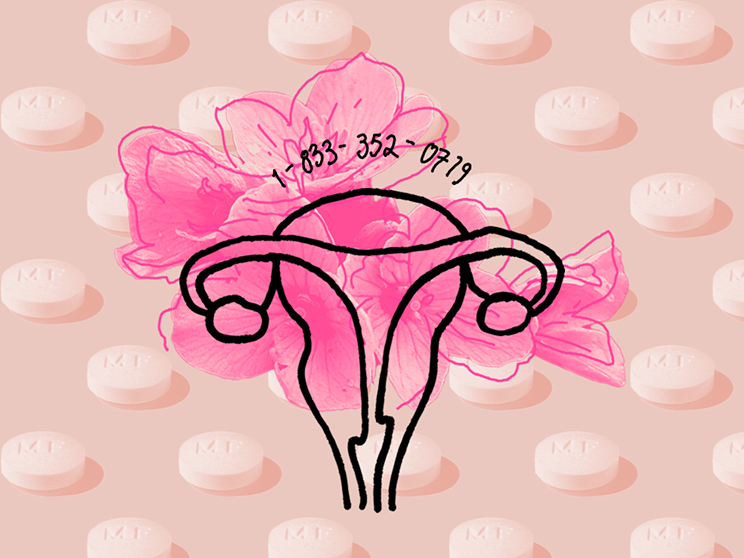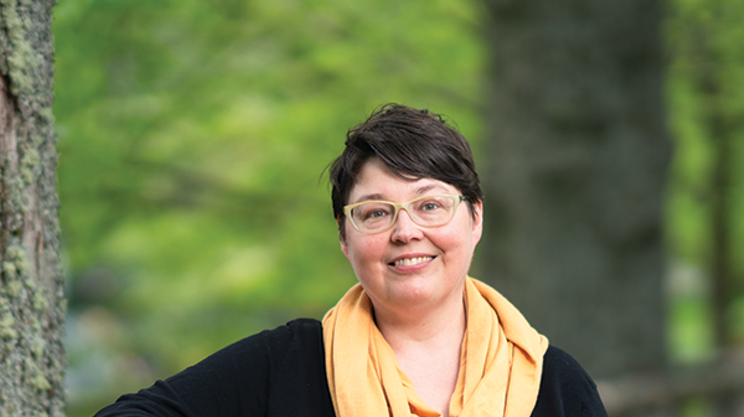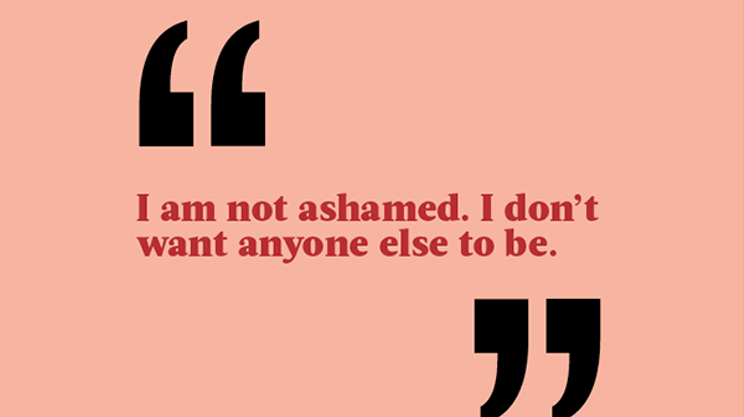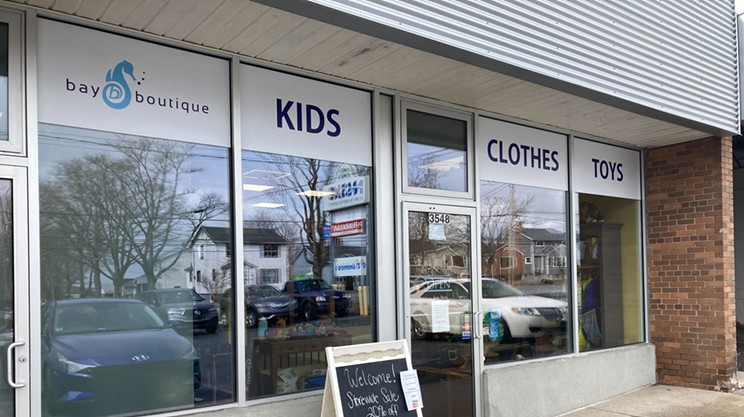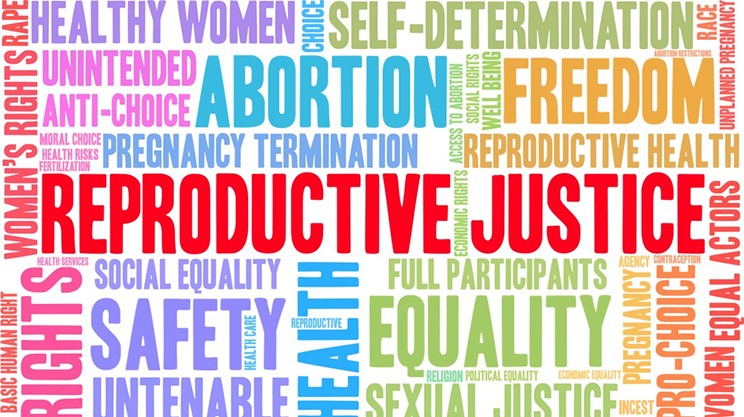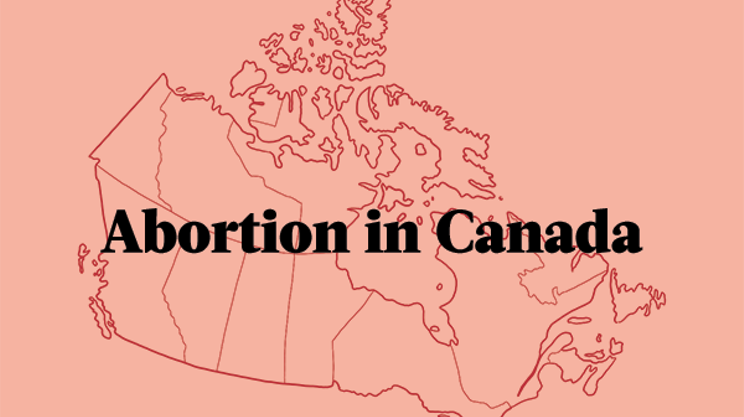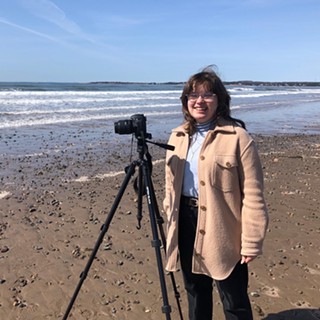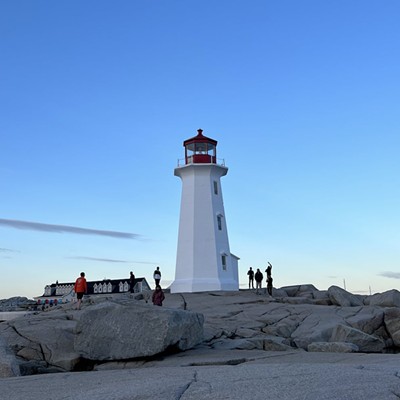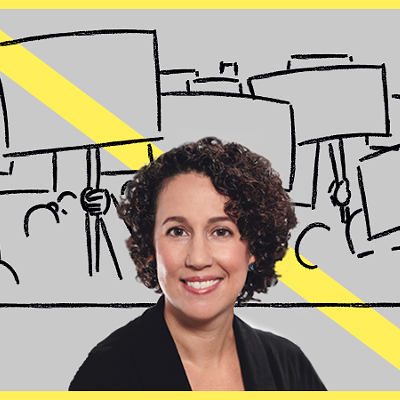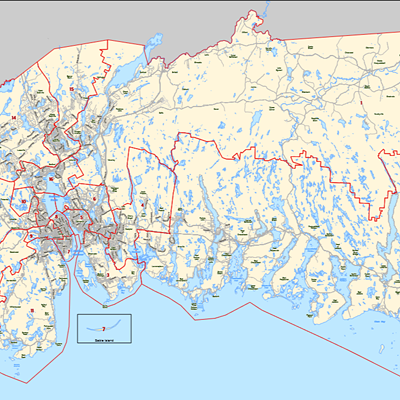On Friday, June 24, America’s Supreme Court overturned Roe v. Wade, the 1973 ruling that made abortion a constitutional right. And as when any big news breaks south of the border, the story dominated our news feeds and conversations as well. The next day, there was a “rally for abortion rights and access” in downtown Halifax. We stood in solidarity with Americans, and we reacted appropriately to their rights being taken away. But our reactions weren’t always accurate.
“People think abortion care/reproductive care is easily accessible in Canada. Come to Nova Scotia where it is even hard to find a Doctor who would refer you,” one person tweeted. Except you don’t need a referral to get an abortion in Nova Scotia.
Someone else tweeted that “Nova Scotia already has very restrictive abortion laws.” (Nova Scotia doesn’t have any abortion laws.) One person wrote that Nova Scotia has zero abortion clinics, and another wrote that our province has the most abortion clinics per capita in the country. Neither is true.
Enter Martha Paynter, a registered nurse in Halifax who literally wrote the book on Canadian abortion acess. She couldn’t have predicted that her book, Abortion to Abolition: Reproductive Health and Justice in Canada, published by Nova Scotia’s Fernwood Publishing, would launch the day after the overturning of Roe v. Wade, but the timing made her message all the more relevant. “The driving force behind writing the book was concern about how little information about abortion access people in Canada have, and the danger of misinformation from being bombarded by US media,” she says in an interview with The Coast.
That misinformation leads to many in Canada “not realizing that abortion is completely decriminalized and is no more of a legal issue than antibiotics or knee-replacement surgery,” Paynter says. There is no federal law governing abortion in Canada: it’s treated as health care, like any other prodecure.
“There's also been really tremendous improvement in access since 2015 that the public are inadequately aware of,” she says. These improvements include Nova Scotia getting a centralized self-referral line, New Brunswick introducing self-referral, Prince Edward Island offering abortion services and the authorization for any family physician or nurse practitioner across the country (except for Quebec) to perscribe mifepristone, the drug used for medical abortions. “Those are all massive changes that have really shifted abortion access dramatically, especially in our region,” Paynter says.
To book an appointment for an abortion in Nova Scotia, you can call 1-833-352-0719 from 9am to 3pm Monday to Friday—this is self-referral, no doctor needed. There are four hospitals in Nova Scotia that perform surgical abortions: Nova Scotia Women’s Choice Clinic in Halifax; South Shore Regional Hospital in Bridgewater; Valley Regional Hospital in Kentville and Colchester East Hants Health Centre in Truro. There are several dozen physicians and nurse practitioners who prescribe mifepristone across the province, and the self-referral line will connect you with them.
“Not knowing that you can self-refer is very wasted time if you think you have to go to a family doctor first. You don't. So don't,” Paynter says.
Still, there is room for improvement regarding abortion access in Nova Scotia. The biggest barrier, Paynter says, is that there are no surgical services in Cape Breton: “They're looking at a four-to-five-hour drive.” She says expanding access in Cape Breton is a number one priority. Other goals include getting more people to prescribe mifepristone, and expanding the gestational age limit for elective abortions, which is 16 weeks in Nova Scotia. “We're working hard to get that to at least 18 weeks in the near future,” Paynter says. Gestational age limits vary across the country due to the training of physicians and infrastructure of hospitals/clinics, not the law.
Paynter affirms the overturning of Roe v. Wade will not change abortion access in Canada. She also “highly doubts” Americans will travel to Nova Scotia to get abortions. “It may happen, and we're already working to expand our capacity, but I think it's much more likely that Americans will go to other states that will continue to provide access, particularly in New England,” she says.
However, “we are definitely taking this as an opportunity to encourage more people to provide the care and to continue to make progress,” she says. And if abortion bans in the US are spurring action, there are ways people in Nova Scotia can put their energy into improving the situation here.
First is to raise awareness about the self-referral hotline. “It’s really important that people know the 1-833 number, and if you're a teacher, make sure your students know it. If you're a parent, make sure your kids know it. If you're an employer make sure your employees know it,” Paynter says. Once again, that’s 1-833-352-0719.
As for concrete action, Paynter says people should pressure the provincial government to cover the costs of contraception. There’s also a fund at the QEII Foundation to pay for IUDs for people who don’t have the money or insurance for them. “That’s something that they can donate to,” she says.
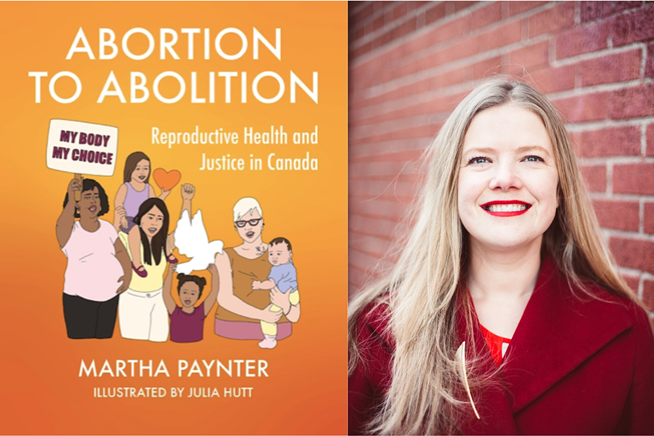
Because the right to abortion was never enrshrined with a law in Canada, it could seem like a good idea to push for legislation. It’s not. “All of us who work in abortion care reject the idea of having a law,” Paynter says. “To make something dependent on a law, that is a law that can be taken away... and furthermore, because one of my big projects is to work to expand the number of clinicians who are involved in abortion care, no clinician wants to be operating within the confines of criminal law.
“The biggest thing is being very calm and normal about how normal and safe and common abortion is,” Paynter says. One third of Canadians who can get pregnant will have an abortion in their lifetimes, and complications from an abortion are extremely rare. “Talking about abortion, normalizing it as a very common part of our reproductive health continuum, that's really valuable.”
And to learn more about abortion in Canada, you should pick up Paynter’s book. She says the goal of Abortion to Abolition is “to highlight how abortion works here, and to also raise concern about the issues that we haven't done as well with, including the reproductive health consequences of prisons, policing and the child protection system.” Paynter is also the founder and board chair of Wellness Within, a non profit organization that advocates for reproductive justice, prison abolition and health equity.
What Paynter hopes people take away from reading her book is “that we should be extremely proud of our progressive approach to abortion here in Canada, and that we should make more effort to respect the rights of women, trans, non-binary people, families to not only not have children, but to get to have children. To get to parent those kids safely.
“We have serious problems in this country with violence from police, and violence in prisons and in the child protection system, and those all intersect with racism and colonialism. And those are things we need to work on really aggressively if we are to truly have bodily autonomy and reproductive liberation in this country.”

